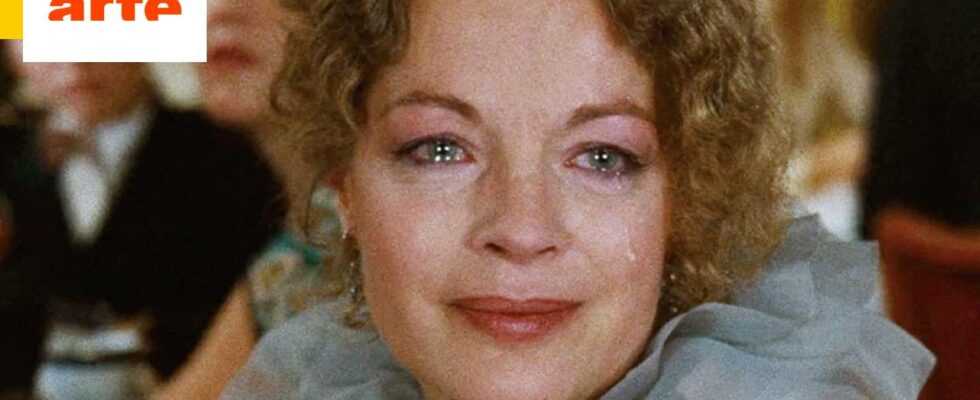Arte broadcasts La Passante du Sans-Souci, the filming of which proved extremely difficult for Romy Schneider, whose personal life changed during production.
La Passante du Sans-Souci, the latest feature film by the great Romy Schneider, is screened tonight on Arte. The opportunity to discover or rediscover behind the scenes of the actress’s life at that time, poignant and tragic, and their impact on the film.
It’s 1980, and Romy Schneider thinks back to the book The Passage of the Sans-Souci, a novel by Joseph Kessel in which she would like to play. For the first time in her career, she is at the origin of a project and chooses to direct it Jacques Rouffio, who had co-written The Infernal Trio, which the actress had shot in 1974.
Rouffio accepts and adapts the book with Jacques Kirsner (Allons z’enfants). The scenario puts a president of a humanitarian organization (Michel Piccoli) who kills in cold blood an ambassador who he recently discovered was a former Nazi who ruined his life as a child. Romy Schneider plays both Piccoli’s wife in the present and his mother in the past.
From drama to drama
During an annual thalassotherapy which allows her to rest and lose weight, she breaks her foot, delaying the shooting, which takes place in Berlin in the course of 1981. In May, the shooting is interrupted because a tumor is detected on her right kidney and she is operated on to remove it.
ANGELI-RINDOFF / BESTIMAGE Romy Schneider in 1977
Then a tragedy occurs from which the actress will never recover: a few months later, her 14-year-old son David is accidentally killed by climbing the gate of the family home. From then on, the filming of La Passante was once again put on hold.
This time, there is no longer any question of taking it back, because the German financiers of the film refuse to insure the actress, fearing that she will end her life following the tragedy, as Jacques Rouffio recounts in the DVD bonuses of the film. It is finally a friend of Romy, the producer Laurent Pétin, who will convince her to finish La Passante.
Filming certain scenes becomes an ordeal, because his son had to play the son of his character in the flashbacks of the film. From October to December 1981, Romy therefore gives the reply to a young teenager replacing her deceased son, with whom she should have played.
From then on, fiction begins to mingle with reality, especially in the scene above, in which his mother (Romy) asks Max to play a piano tune for him. How not to see in Romy’s emotion that of a mother who lost her son just a few months ago? This sequence is one of the most (sadly) famous of the actress’s career.
La Passante du Sans-Souci will be his last film. On April 10, 1982, she gave her last interview to Michel Drucker, a tragic video in which the actress obviously appears broken. On May 29, she was found dead at her home at the age of 43.
She will be named to the César posthumously for her role in Rouffio’s film and in 1984, a prize rewarding the best female hope of French-speaking cinema is created and called the “Romy Schneider Prize”.
